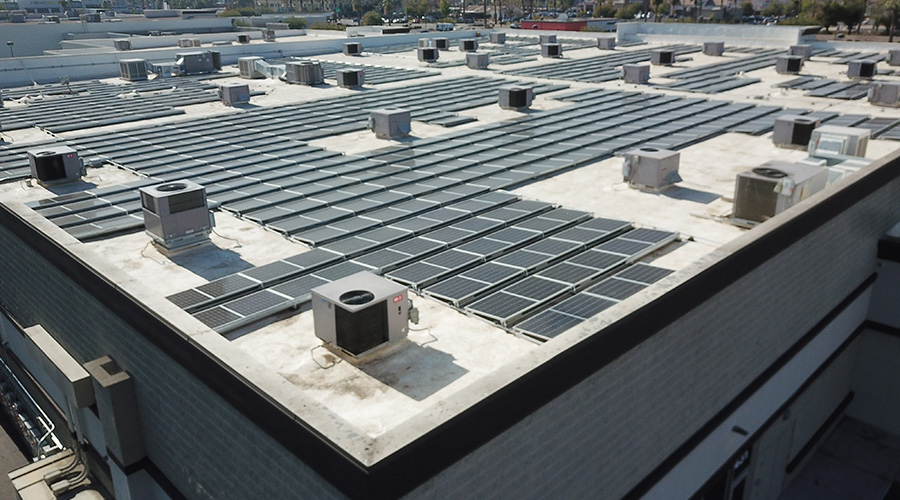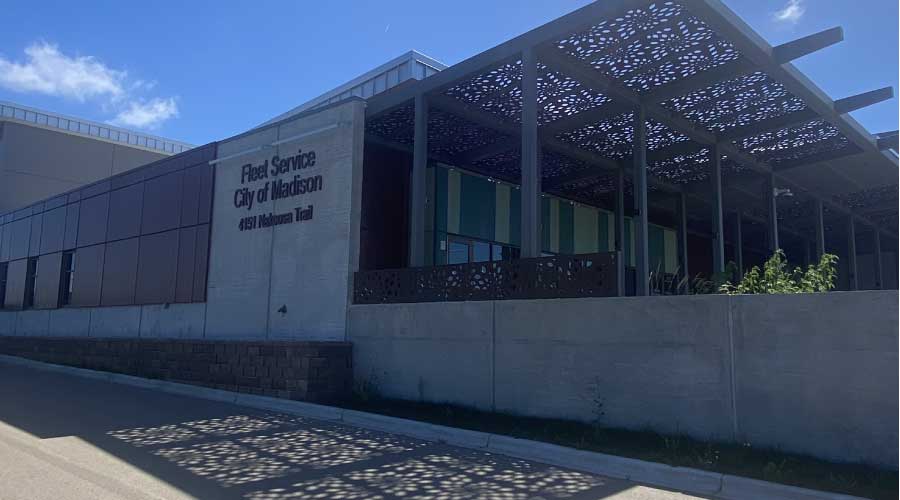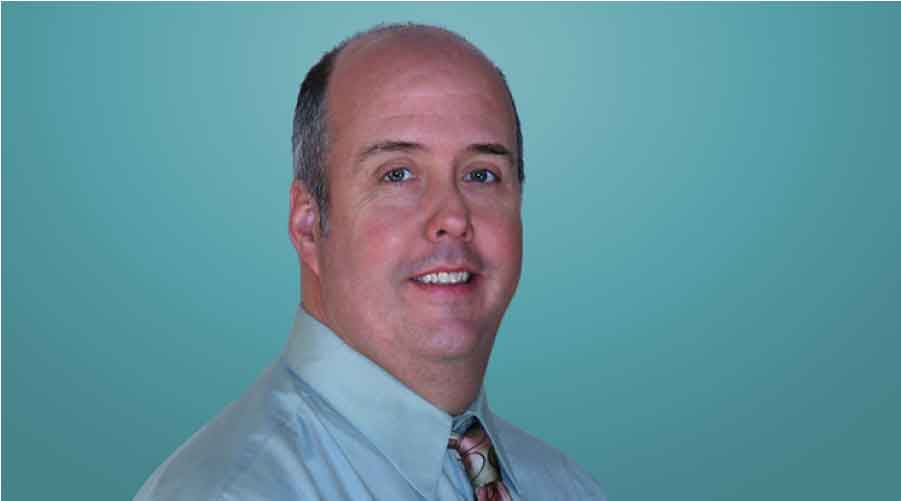Hurricane Cleanup Lets Campus Rebuild Sustainably
When Hurricane Wilma tore through Florida in 2005, it left a trail of destruction and devastation in its path. Despite all the damage the hurricane inflicted to a wide area of the state, it also left behind the seeds of opportunity. Consider the example of Broward College South Campus in Pembroke Pines, Fla.
"Hurricane Wilma is when everything started," Sean Devaney, the campus's facilities manager. "It gave us the push to do what we needed to do. We had no choice at the time because of the damage." Specifically, the hurricane damage gave the campus the opportunity to revisit its priorities and make a commitment to operating in a more environmentally friendly manner.
The campus's sustainability efforts have brought recognition from a local sustainability program, and it also earned a 2011 Maintenance Solutions Achievement Award.
Opportunity from tragedy
The changes in the sustainability policies and practices of the college were tailored to its needs and features. The campus sits on 103 acres and features a large lake on the north side that is used for storm-water collection and irrigating the campus, along with two additional well-water irrigation systems on the west and south sections. The campus has 12 permanent structures and 15 modular buildings containing about 325,000 square feet. Student enrollment is about 12,000.
The campus's planning for recovery from Hurricane Wilma enabled Devaney and other campus officials to implement a program that formally addressed sustainability.
"It coincided with Hurricane Wilma coming through and causing a great deal of damage," he says. "The collegewide sustainability committee came up with a landscape sustainability policy and got it out to all the campuses." The campus then worked with Broward County's NatureScape program to ensure its practices and procedures related to plant species, irrigation and wildlife were supporting sustainability.
"They certify properties based on plant species and the use of drought-tolerant and non-native exotic plants, Devaney says. "They take a look at your irrigation systems, and they take a look at the plants and make recommendations on what you should remove." The campus received its NatureScape certification in 2006.
Related Topics:













